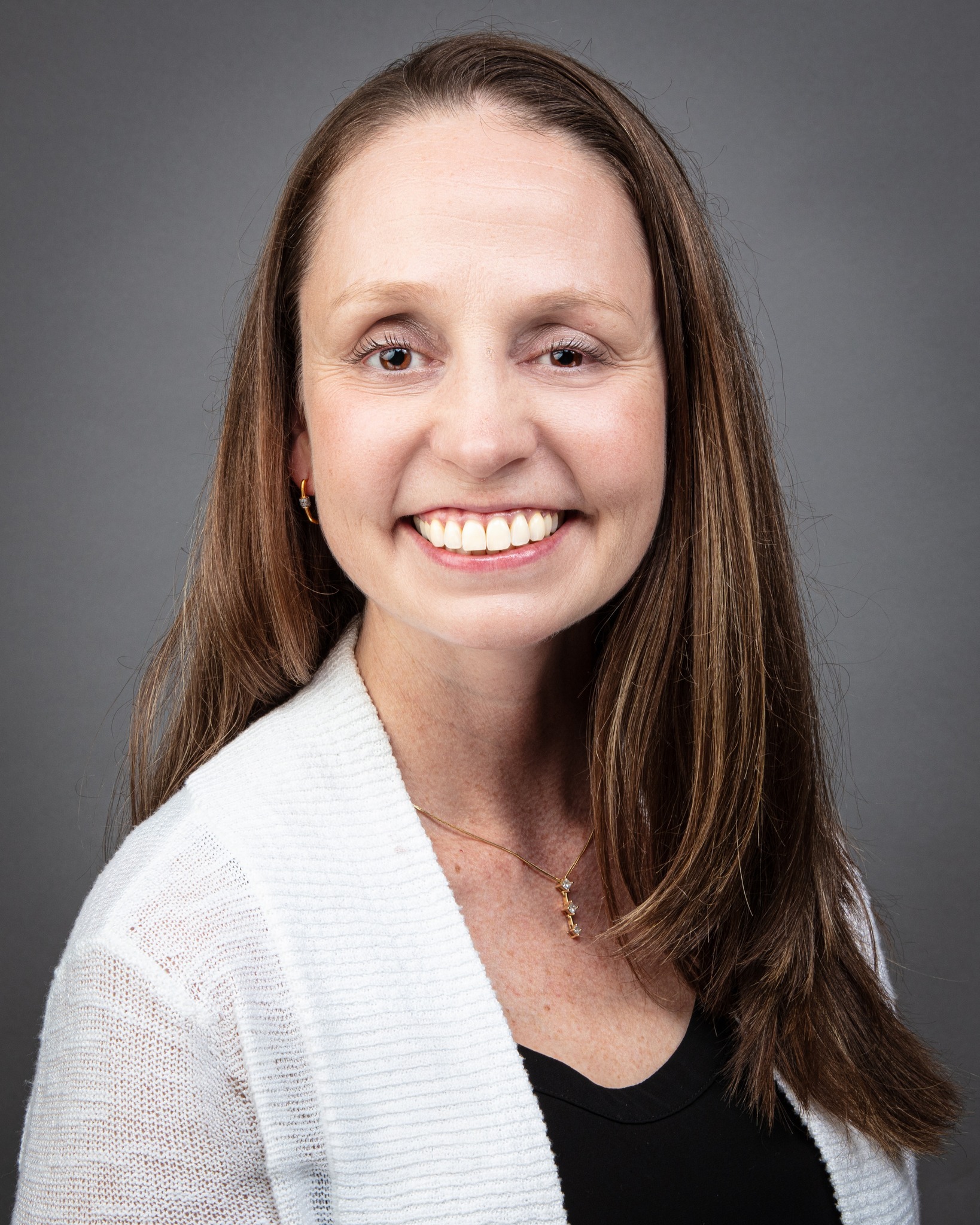At Ouachita, I am proud to be a core faculty member of the Applied Behavior Analysis
(ABA) program. I regularly teach didactic and applied experience courses within the
ABA program. Through didactic courses, I aim to provide students with conceptual knowledge
that promotes critical analysis and scientific inquiry. Applied experience classes
of supervised fieldwork and thesis-capstone supervision expand that knowledge into
practical implementation within supervised clinical scenarios and research design.
I am inspired by the opportunities to support students in the ABA program to reaching
their goals of becoming ethical, effective, scientist-practitioners and future behavior
analysts!
Biography
Hello Ouachita family and those interested in finding out more about the unique gifts
Ouachita has to offer. I am Dr. Rebecca Beights, a native Texan with an international
set of experiences. I am originally from Lubbock, Texas, and have been fortunate to
share my West Texas spark along a journey in the US and abroad. This spark led me
to pursue both teaching and science as a career, knowing that working in and teaching
a science should be one with meaningful impact in the lives of my loved ones and all
those I may be lucky to work with professionally. I have gained invaluable experiences
and shared my passion as a scientist-practitioner, mentor, teacher, and colleague
from Lubbock, Texas to Auburn, Alabama, to Baltimore, Maryland, to Melbourne, Australia,
and of course, Arkadelphia, Arkansas as the home of Ouachita. Beyond Ouachita, I work
in clinical research positions to expand the skillsets of practitioners and disseminate
valuable findings and practice from constructional behaviour analysis and positive
behaviour support. Faith keeps me grounded throughout all of my experiences and motivates
my continued work in research, teaching, and supervision.
Q&A
Why did you come to Ouachita?
I came to Ouachita because of the values evident in the words, actions, and people
of the university and ABA program in particular. Faith is the foundation from which
I find hope, strength, and guidance to lead a life of inspired service and scholarship,
which is consistent with the vision and mission of Ouachita.
Why did you decide to become a professor?
Being a professor is a one of a kind career opportunity in which you can have a meaningful
impact across many areas and groups of people with teaching, research, and outreach.
During my Master’s program, I was able to combine teaching, research, clinical work,
and volunteering as a part of my training. These experiences inspired my path and
allowed me to pursue continued opportunities in research, supervision, and academia
as a whole.
I aim to share my knowledge, passion, and skills with the science of behaviour in
order to improve the quality of life for individuals across the lifespan. As a professor,
I am able to teach students, impart knowledge, inspire scientific inquiry, and make
a true difference for a community in the present and ideally the future.
Why is your subject an important one in our world?
Applied behavior analysis (ABA) is a science with goals to understand behaviour and
support socially meaningful change. ABA could be a science that saves the world, one
person at a time! With an individualised focus, ABA offers incredible opportunities
to observe, assess, and promote change in lives of people of all different ages with
all different skillsets to produce outcomes that improve individual quality of life.
In this way, ABA is the science that makes a worldly difference, truly demonstrating
the words of Ephesians 4:12 – "to equip his people for works of service, so that the
body of Christ may be built up."
What do you want future students to know about your degree program?
The ABA program at Ouachita is truly one of a kind with its strong behaviour analytic
foundation, unequivocal faculty support for student success, and spirit of compassionate
applied service. ABA at Ouachita offers students a valuable scientist-practitioner
experience to learn concepts and apply skills with guidance from highly qualified
faculty mentors.
What do you like to do in your free time?
- Indoor cycling
- Hot yoga
- Traveling
- Hiking
- Walking
- Reading
What has been a meaningful Bible verse or passage for you?
"May the God of hope fill you with all joy and peace as you trust in Him, so that
you may overflow with hope by the power of the Holy Spirit."
~ Romans 15:13
Publications
- Beights, R. L., Potter, G., Spicer, M., Luke, E., & Sherwood, J. (2025). Behaviour
support plan quality: Recommendations following an evaluation with the BIPQE-II [Manuscript
submitted for publication].
- Vogel, P., Beights, R. L., Potter, G., & Spicer, M. (2025). Social validity of multielement
behaviour support for adult participants [Manuscript submitted for publication].
- Sharp, R. A., Roschke, O., Beights, R. L., Arnold-Saritepe, A., & Mennega, O. (2025).
Chapter 15: Skill maintenance and special considerations for aging autistic clients
[Chapter submitted for publication].
- Lechtenberger, D., Dotson, W. H., Fukuda, E., Beights, R. L., Hamrick, J, Williams,
J., & Lovelace, B. (2021). Building a strength-based support program for college students
with autism. Journal of Human Services: Training, Research, and Practice, 7(1). Available
at: https://scholarworks.sfasu.edu/jhstrp/vol7/iss1/6
- Martins, N., King, A. J., & Beights, R. L. (2020). Audiovisual media content preferences
of children with autism spectrum disorders: Insights from parental interviews. Journal
of Autism & Developmental Disorders, 50(9), 3092 – 3100. https://doi.org/10.1007/s10803-019-03987-1
- Hite R., Dotson W., & Beights R. L. (2019) Employing virtual reality to teach face-based
emotion recognition to individuals with autism spectrum disorder. In: Y. Zhang & D.
Cristol D. (Eds.), Handbook of mobile teaching and learning. Springer: Berlin.
- Gillis, J. M., & Beights, R. (2012). New and familiar roles for clinical psychologists
in the effective treatment for children with an ASD. Cognitive Behavioral Practice,
19, 392 – 400.
- Amend, E. R., Schuler, P., Beaver-Gavin, K., & Beights, R. (2009). A unique challenge:
Sorting out the differences between giftedness and Asperger’s Disorder. Gifted Child
Today, 32, 57 – 63.
